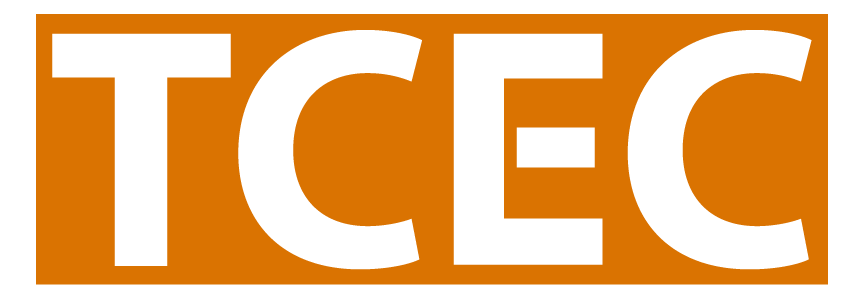
The Tobacco-free California Projects’ Meeting: Old and New Perspectives
At the end of November, the Tobacco Control Evaluation Center joined more than 500 tobacco control partners from around the state in beautiful Long Beach for the 2018 Tobacco-free California Projects’ Meeting.
The theme of this year’s meeting was Elevating Equity: Strategies & Partnerships to End Tobacco by 2035. Tobacco Control Branch Chief April Roeseler has shared her vision and challenged all of us to meet this goal. While tobacco continues to be the number one cause of preventable death in the US, we are taking steps to end this in California.
For our part, TCEC was proud to lead a breakout session on Cultural Humility in Evaluation Design on Day 2 of the meeting. The folks who joined us for this lively session all brought their own unique perspectives on what culture is, and how it impacts each of us in our everyday lives as well as our tobacco control work.
Some of us were returning for our second (or more!) Projects’ Meeting, while others got to experience it for the very first time. Two of our Evaluation Associates shared their takeaways:
Jorge Andrews (Third-time attendee)
The Tobacco-free California Projects’ Meeting provided an opportunity to network with colleagues, and to learn from current and past efforts. The meeting provided several speakers who shared their experience from both community and academic perspectives on the fight against tobacco. A performance by Tasha “Sixfootah the Poet” Turner, an Oakland-based spoken word artist, as the opening act established a high-energy pace that the meeting would maintain for its duration.
This year, the presence of many new statewide partners helped energize the events. In many of the breakouts new voices were heard, which provided a broader perspective on the fight to end tobacco. These breakouts have always been a strength of the meeting; being able to hear about the struggles of other projects and learn new strategies is something that many of our new colleagues in the field can benefit from. Representatives from priority populations were on hand to provide background on how to approach new groups, build new partnerships or strengthen existing collaborations.
If I have one gripe, however, it is the amount of time that evaluation was a topic of discussion or allotted in the breakout sessions. With 10% of each project devoted to evaluation, it would have been an excellent opportunity to bring evaluation to the forefront and emphasize evaluation for an equal percentage of the conference itself.
Danielle Lippert (First-time attendee)
As an evaluator, I regularly work with project staff to understand the best way to collect, analyze, and report data on a local level. It may not be much of a surprise then, I really enjoyed seeing all the ways in which this data is used. It was such a nice reminder for me that while sometimes data collection can be a challenge, it is so useful and empowering.
CTCP’s Story of Inequity website is such a good example of this. For those of you who missed this session, it is a website that uses eight priority populations to demonstrate Big Tobacco’s predatory marketing and promotion tactics. It is visually striking, and keeps the viewer clicking through in dismay. It is shocking. It is powerful. It illustrates the violation of groups of people that are not always heard. And it was developed in part using the Healthy Stores for a Healthy Community data that you gathered.
I have been told that the data part of this work is boring, and maybe that is true for most. However, what you do with this data is not boring; it is paramount to tobacco control efforts. Data helps us tell the story that has not been told, in a way that compels people to sit up and listen.
TCEC left the 2018 meeting feeling energized and motivated to continue our efforts in tobacco control. With the passion our colleagues have for their work, ending the tobacco epidemic by 2035 seems not only feasible, but inevitable. TCEC looks forward to working with all the LLAs and competitive grantees as we make California a more equitable and tobacco-free state!
